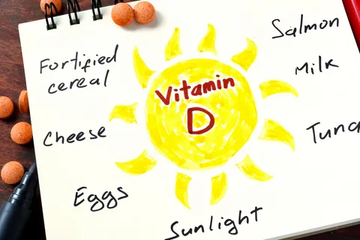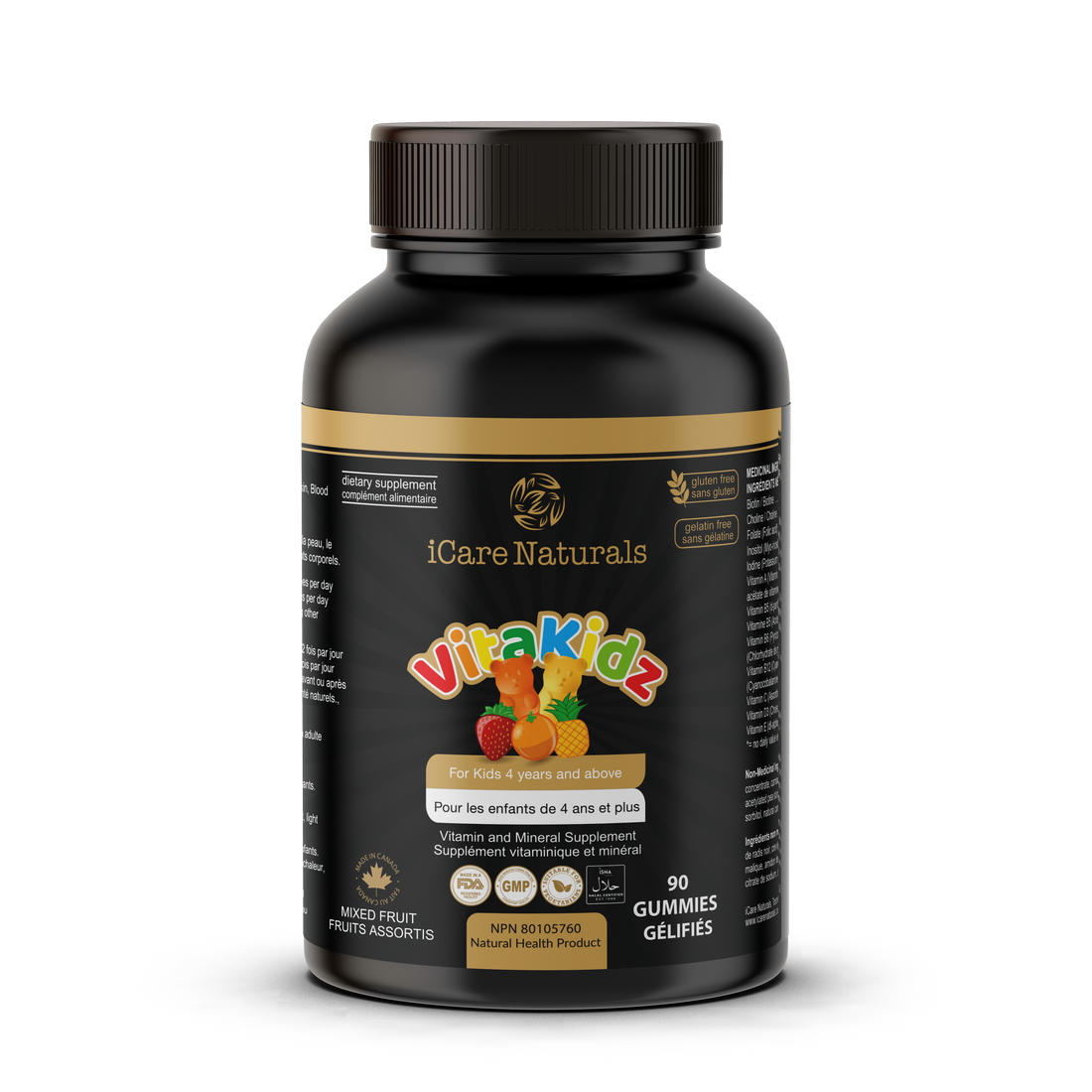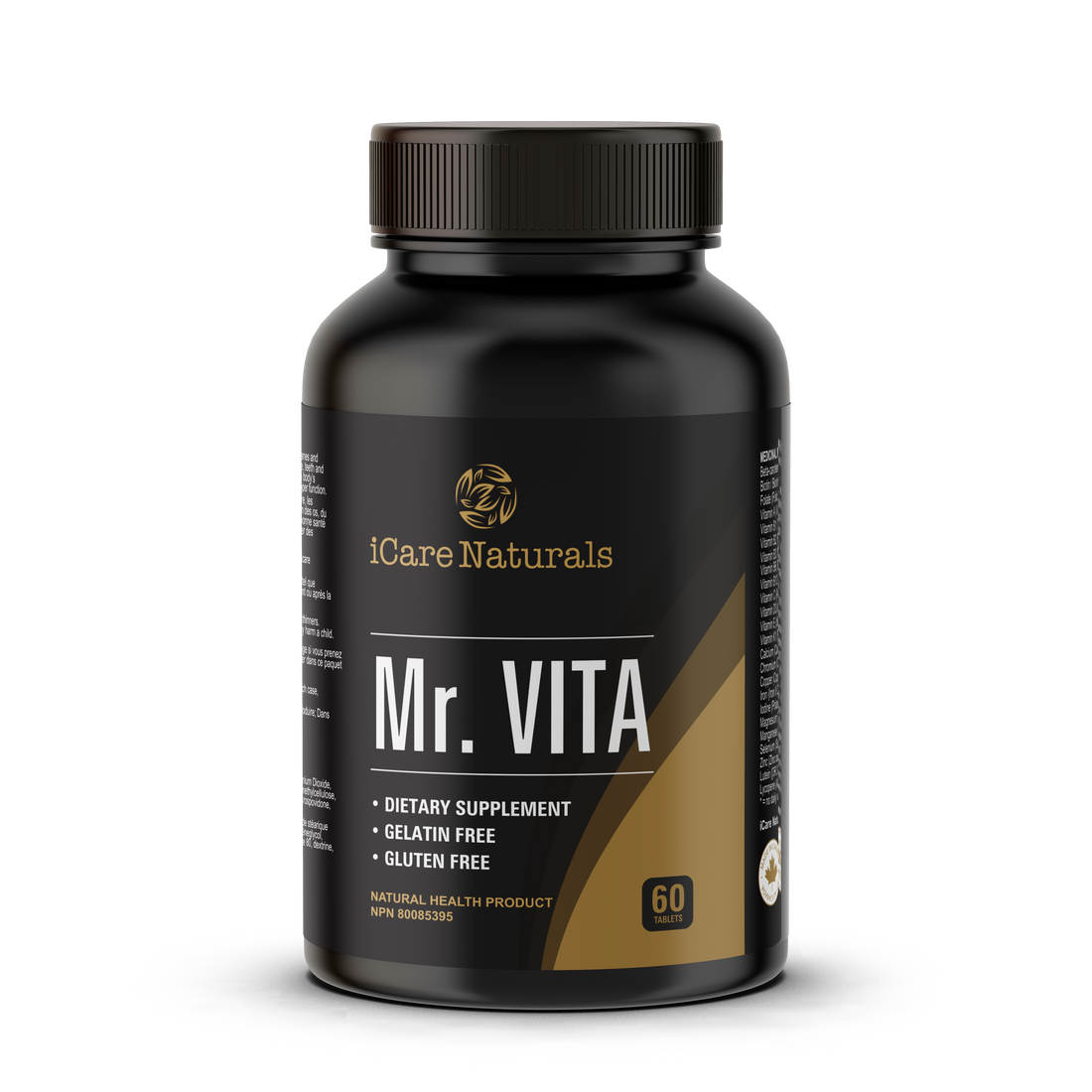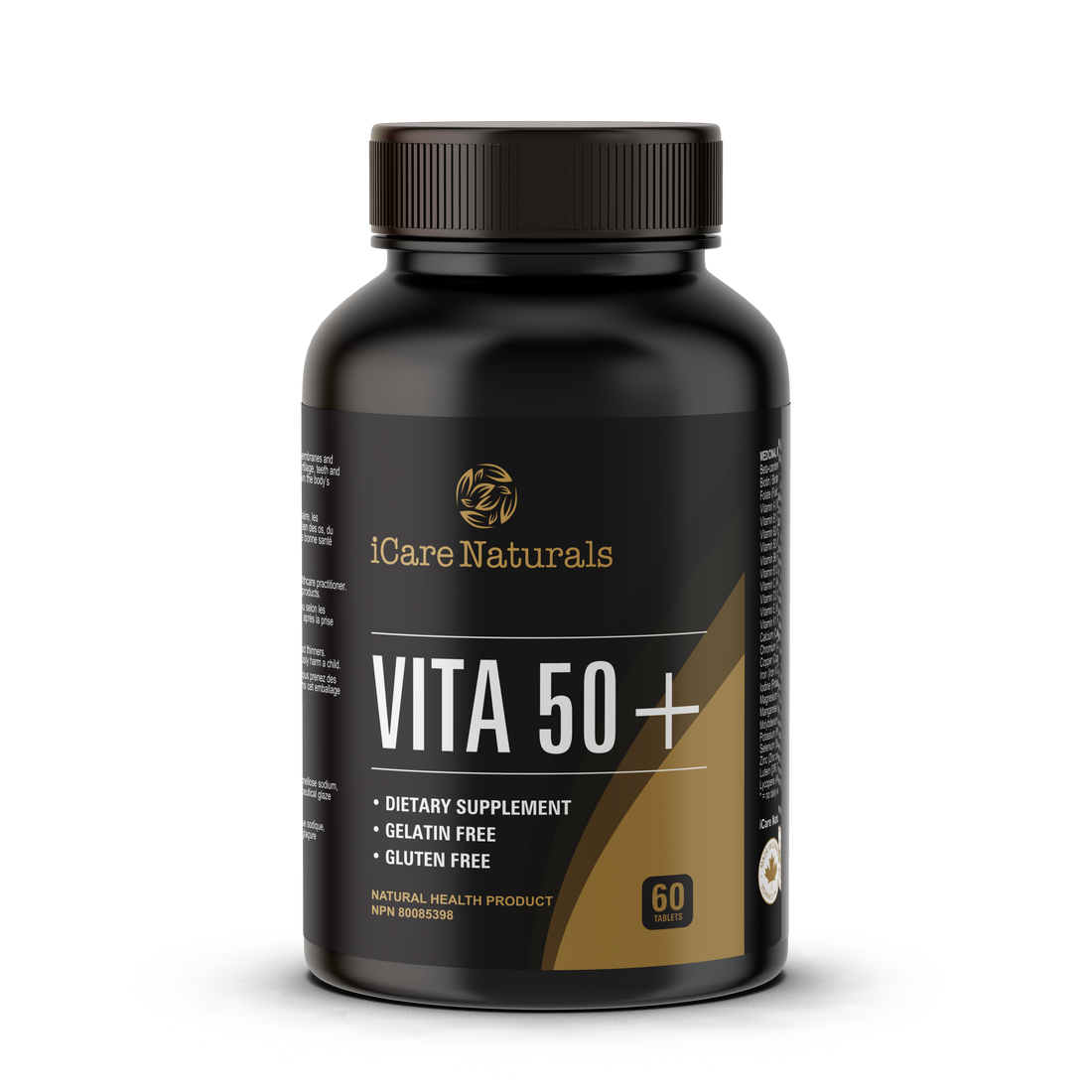Vitamin D is an essential nutrient that is important for a wide range of bodily functions. It helps the body absorb calcium and phosphorus, which are necessary for the development and maintenance of healthy bones and teeth. In addition, vitamin D plays a key role in regulating the immune system, which can help to prevent infections and chronic diseases.
There are also studies that suggest that vitamin D may play a role in reducing the risk of certain types of cancer, autoimmune diseases, and cardiovascular disease. Additionally, vitamin D has been linked to improved mood and cognitive function and may play a role in preventing depression.
Vitamin D is unique in that it can be obtained through exposure to sunlight as well as through dietary sources such as fatty fish, egg yolks, and fortified foods. However, many people do not get enough vitamin D through these sources alone, particularly those who live in northern latitudes or spend a lot of time indoors. As a result, vitamin D supplementation is often recommended to ensure adequate levels of this important nutrient.
Here are the top 10 foods that are rich in vitamin D:
- Fatty Fish: Fatty fish such as salmon, mackerel, and tuna are excellent sources of vitamin D. A 100-gram serving of cooked salmon can provide up to 600-1000 IU of vitamin D.
- Cod Liver Oil: Cod liver oil is a popular supplement that is high in vitamin D. One tablespoon of cod liver oil can provide up to 1,360 IU of vitamin D.
- Egg Yolks: Egg yolks are another good source of vitamin D. One large egg yolk can provide about 40 IU of vitamin D.
- Mushrooms: Some types of mushrooms, such as shiitake mushrooms, contain vitamin D. A 100-gram serving of shiitake mushrooms can provide up to 100 IU of vitamin D.
- Fortified Milk: Many types of milk are fortified with vitamin D. A cup of fortified milk can provide up to 100 IU of vitamin D.
- Fortified Cereals: Some breakfast cereals are fortified with vitamin D. A cup of fortified cereal can provide up to 40 IU of vitamin D.
- Cheese: Some types of cheese, such as Swiss cheese, are good sources of vitamin D. One ounce of Swiss cheese can provide up to 6 IU of vitamin D.
- Tofu: Tofu is a good source of vitamin D for vegetarians and vegans. A 100-gram serving of tofu can provide up to 140 IU of vitamin D.
- Beef Liver: Beef liver is a good source of vitamin D. A 100-gram serving of beef liver can provide up to 50 IU of vitamin D.
- Soy Milk: Soy milk is another good source of vitamin D for vegetarians and vegans. A cup of soy milk can provide up to 100 IU of vitamin D.
It is important to note that vitamin D is also produced in the body when the skin is exposed to sunlight.

Nutritional Breakdown of Vitamin D-rich Foods
Vitamin D is an essential nutrient that helps the body absorb calcium and maintain strong bones. Here is a breakdown of some of the top vitamin D-rich foods and their nutritional content:
- Fatty Fish (e.g. salmon, mackerel, tuna): 600-1000 IU of vitamin D per 100g serving
- Cod Liver Oil: 1360 IU of vitamin D per tablespoon
- Egg Yolks: 40 IU of vitamin D per large yolk
- Mushrooms (e.g. shiitake): up to 100 IU of vitamin D per 100g serving
- Fortified Milk: up to 100 IU of vitamin D per cup
- Fortified Cereals: up to 40 IU of vitamin D per cup
- Cheese (e.g. Swiss): up to 6 IU of vitamin D per ounce
- Tofu: up to 140 IU of vitamin D per 100g serving
- Beef Liver: up to 50 IU of vitamin D per 100g serving
- Soy Milk: up to 100 IU of vitamin D per cup
How to Incorporate Vitamin D-rich Foods into Your Diet
Incorporating vitamin D-rich foods into your diet is easy and can be done through simple dietary changes. Eating fatty fish a few times a week, incorporating egg yolks and mushrooms into meals, and choosing fortified dairy or plant-based milk are all great ways to get more vitamin D.
Potential Health Benefits of Consuming Vitamin D-rich Foods
Vitamin D has been linked to numerous health benefits, including:
- Strengthening bones and reducing the risk of osteoporosis
- Supporting immune system function
- Reducing the risk of certain cancers
- Improving heart health
- Reducing the risk of depression
Recommended Daily Allowance of Vitamin D
The recommended daily allowance of vitamin D varies by age and gender. For adults, the recommended daily intake is 600-800 IU per day, while older adults may require more.
Foods to Avoid for Maintaining Proper Vitamin D Levels
There are certain foods and beverages that can interfere with vitamin D absorption, including excessive alcohol consumption and high levels of caffeine. It's also important to limit processed and fast food intake, which can displace healthier food choices that contain vitamin D.
How to Supplement Vitamin D in Your Diet?
Supplements are another way to ensure you are getting enough vitamin D. Vitamin D supplements come in various forms, including tablets, gummies, and liquids. It's important to talk to your healthcare provider before starting any new supplement regimen.
Vitamin D Deficiency Symptoms and Risks
Vitamin D deficiency can lead to a range of health problems, including weakened bones, fatigue, and depression. People who are at a higher risk for vitamin D deficiency include those who live in northern latitudes with less sunlight exposure, those with darker skin, and those who are obese.
Conclusion: The Importance of Incorporating Vitamin D-rich Foods into Your Diet
Incorporating vitamin D-rich foods into your diet is crucial for maintaining strong bones, supporting immune function, and reducing the risk of chronic diseases. By making simple dietary changes and ensuring you are meeting your daily vitamin D requirements, you can optimize your health and well-being.










